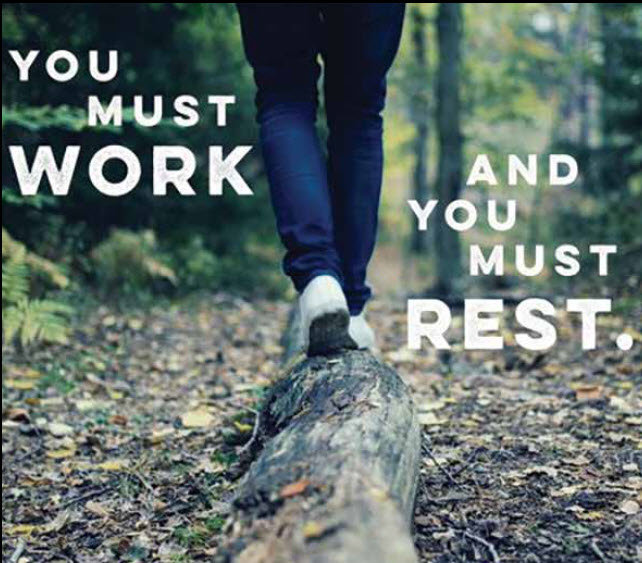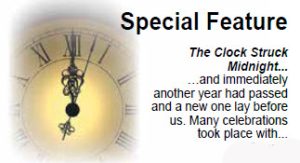 By: Eric Betts
By: Eric Betts
American culture has a long history of celebrating and honoring the value of hard work. In fact, many who are viewed as workaholics wear the label as a badge of honor. Resting or taking breaks can sometimes be seen as laziness and irresponsible behavior. The person who claims to work long hours or three jobs can often be seen as a superhero. However, recent studies are beginning to show that this can be counterproductive and harmful. To sit and do nothing is almost unethical in the psychology of the culture, but this must change. I have even heard some brag about never taking their vacation days. Now with more extensive research, we are finding that overwork, while it may be considered honorable, may well be self-defeating.
The phrase “work ethic” needs to be reconstructed and redefined along with creating a new dimensional “rest ethic.” Even the Hebrew Bible represents God as establishing a rest ethic at the conclusion of the creation narrative (Genesis 2:2-3 KJV). Throughout the Old Testament, we find the ethic of rest as a requirement for the nation of Israel. Avoiding overwork is a part of taking care of our physical, mental, emotional, and spiritual well-being. Overwork means not valuing ourselves nor others as we should. Because we live in a 24-hour world of business, there are higher expectations and more demands on our time. Additionally, we make demands upon ourselves because of the competitive nature of the tech age. The idea that is uppermost in the minds of many is that if rest is taken, someone else will get ahead.
Because resting is undervalued and hard work is overemphasized, some realize that they should rest but feel guilty doing so. The first step to embracing the ethic of rest is eliminating the guilt and shame of such a practice. Instead, one should feel guilty if they are not functioning at the highest level because they fail to gain the proper rest. Because so many do not understand what it means to rest, their fatigued minds and bodies feel normal to them. Consequently, they do not know how to rest, even when they are “resting.” In actuality, they are attempting to rest, while thinking about what needs to be done. Leadership expert and writer John Maxwell heard one team member state, “I just feel like, when I’m resting, that there’s something else I should be doing…I feel like my time would be more productive if I were reading, or making something, or working towards a specific goal.”
Oftentimes when a leader is a workaholic, they become clueless of what a normal work/rest balance looks like. Most leaders expect from others what they expect of themselves. If they are workaholics, they will unintentionally expect the same as others. This lack of work/rest balance that should be built into the team culture becomes a blind spot for them. Maxwell eloquently advises, “A burned-out leader reproduces burned-out people because we reproduce what we are, not what we want. Learning to rest is one of the best investments a leader can make.”
Neglecting rest can unwittingly sabotage success without realizing what is occurring. Joel Hoomans is Assistant Professor of Management and Leadership Studies at Roberts Wesleyan College and has studied the impact of overworking by analyzing the most recent research in this area. He teaches how inadequate rest diminishes creativity, imagination, problem solving, relationship connections, awareness, and smart decision making. The reason why so many overwork is that they do not actually feel tired. It is true that their bodies and minds are exhausted, but their adrenaline levels tell them differently. Professor Hoomans adds, “When neglecting our need for rest, we may be able to fool ourselves, however, in the end this need will not be cheated, and the resulting fallout will humble even the most gifted of leaders.” Those who recognize the need for rest and simply can’t shake the psychological shame associated with it, should consider that “Rest is not inactivity.” These are the words of Professor Hoomans. Rest is about refueling the body, mind, and spirit to meet the demands that are certain to present themselves in our journey. It is time to stop running on empty and commit to regularly refueling through time off, vacations, and sabbaticals. It is only after this becomes a part of your life’s rhythm that you will maximize your potential and productivity.
By: Eric Betts
Udemy Instructor in Religion, Leadership and Ethics






